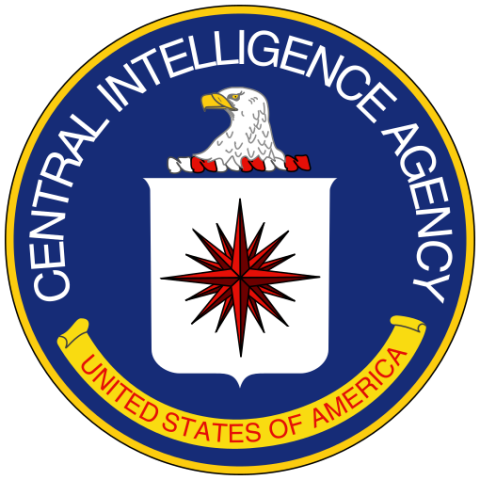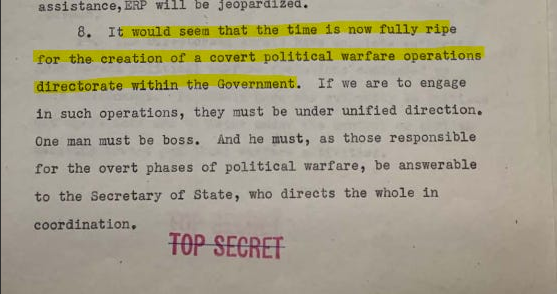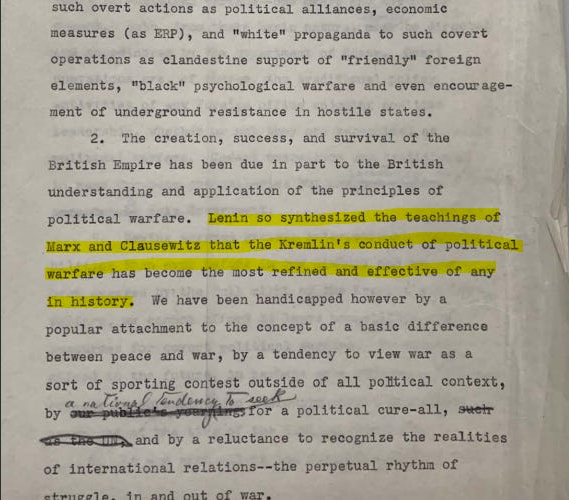Along with most people who’ve been paying attention to history since the start of the Cold War, I hold the CIA in dubious regard. They seem to have been involved in so many underhanded escapades in countries around the world — certainly by reputation, if not in reality — that they stand almost in direct opposition to how most Americans liked to think of their country. Jon Miltimore thinks that among their inspirations was the founder of the Soviet Union himself:
I bring all of this up because I recently came across an old document of some significance that I’d never heard of before titled, “The Inauguration of Organized Political Warfare“.
It was authored by George Kennan, the State Department Policy Planning Director who’d go on to be a successful US diplomat, for the National Security Council (which governed the CIA), and the document explained how the US government had to mobilize national resources “for covert political warfare” to combat the Soviet Union.
Kennan was not, in my opinion, a bad man. He had good instincts and sound motives, at least compared to others in the US intelligence apparatus. He was an early opponent of the Vietnam War and later was one of the first diplomatic leaders to warn against the US policy of expanding NATO up to Russia’s doorstep, something he predicted would be “the most fateful error of American policy in the entire post-cold-war era”.
That said, it’s clear that Kennan was not appalled by the Soviet Union’s use of covert political warfare. He was impressed by it.
“Lenin so synthesized the teachings of Marx and Clausewitz that the Kremlin’s conduct of political warfare has become the most refined and effective of any in history,” Kennan wrote in the document.
We have been handicapped however by a popular attachment to the concept of a basic difference between peace and war, by a tendency to view war as a sort of sporting context outside of all political context, by a national tendency to seek for a political cure-all, and by a reluctance to recognize the realities of international relations — the perpetual rhythm of [struggle, in and out of war].
The document is fascinating because it appears to mark the genesis of the US government’s first formal steps into the world of political warfare — a well-documented history that includes toppling governments, assassinating world leaders, tipping elections, and torturing enemies.
All of these efforts, of course, initially targeted external parties and countries to serve “the national interest”.
This is no longer the case. The CIA, NSA, and other intelligence agencies no longer restrict their covert political warfare to foreign states, and I’m not talking about just Operation Mockingbird and other domestic propaganda efforts.
The CIA is clearly putting its thumb on the scales of US elections in ways that should terrify all Americans.






